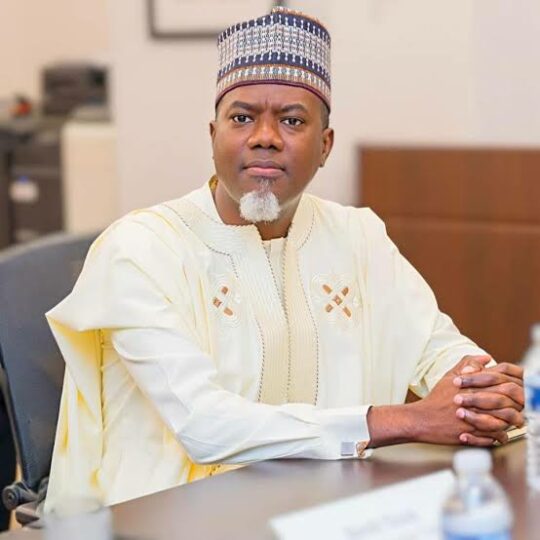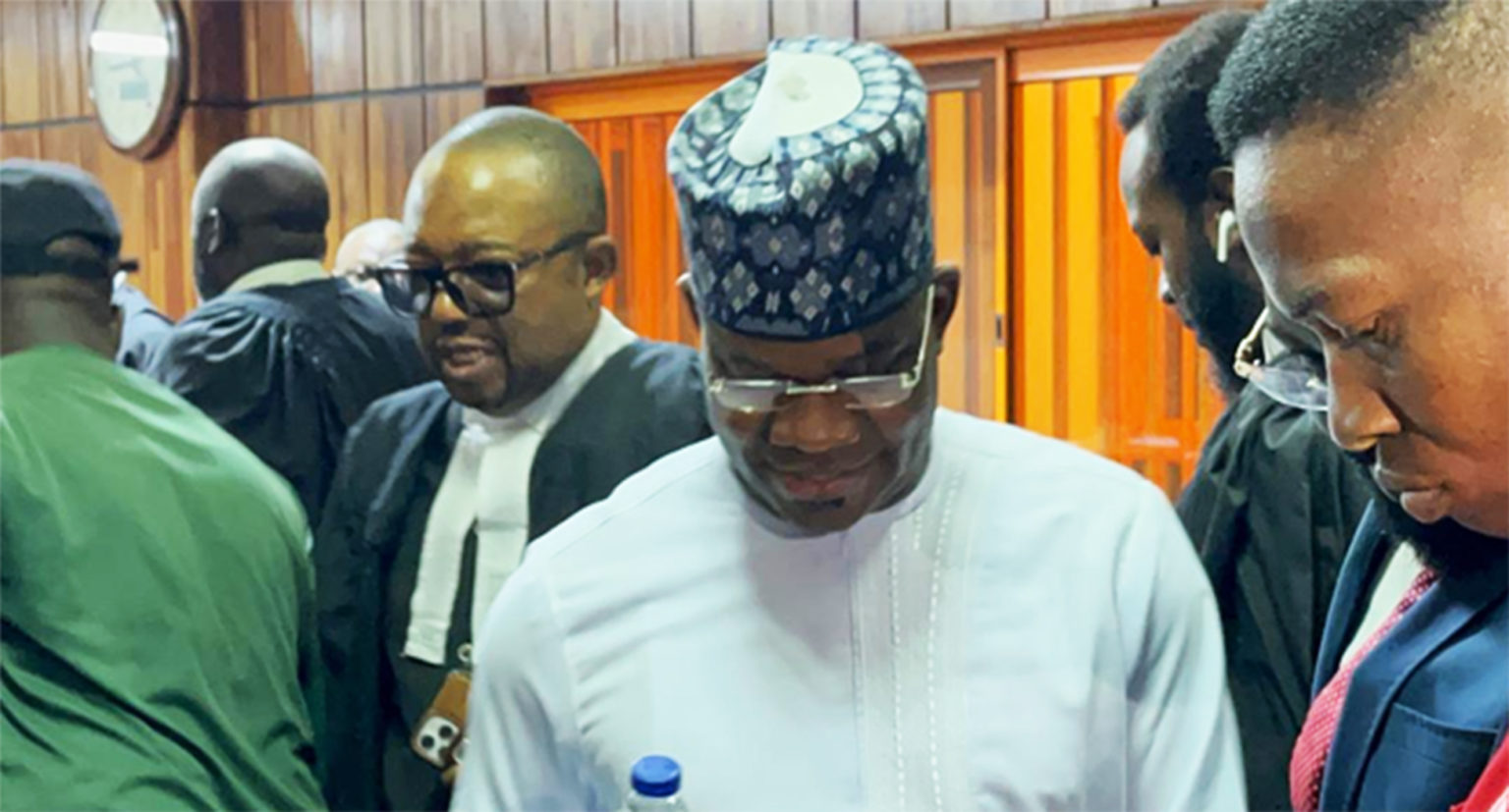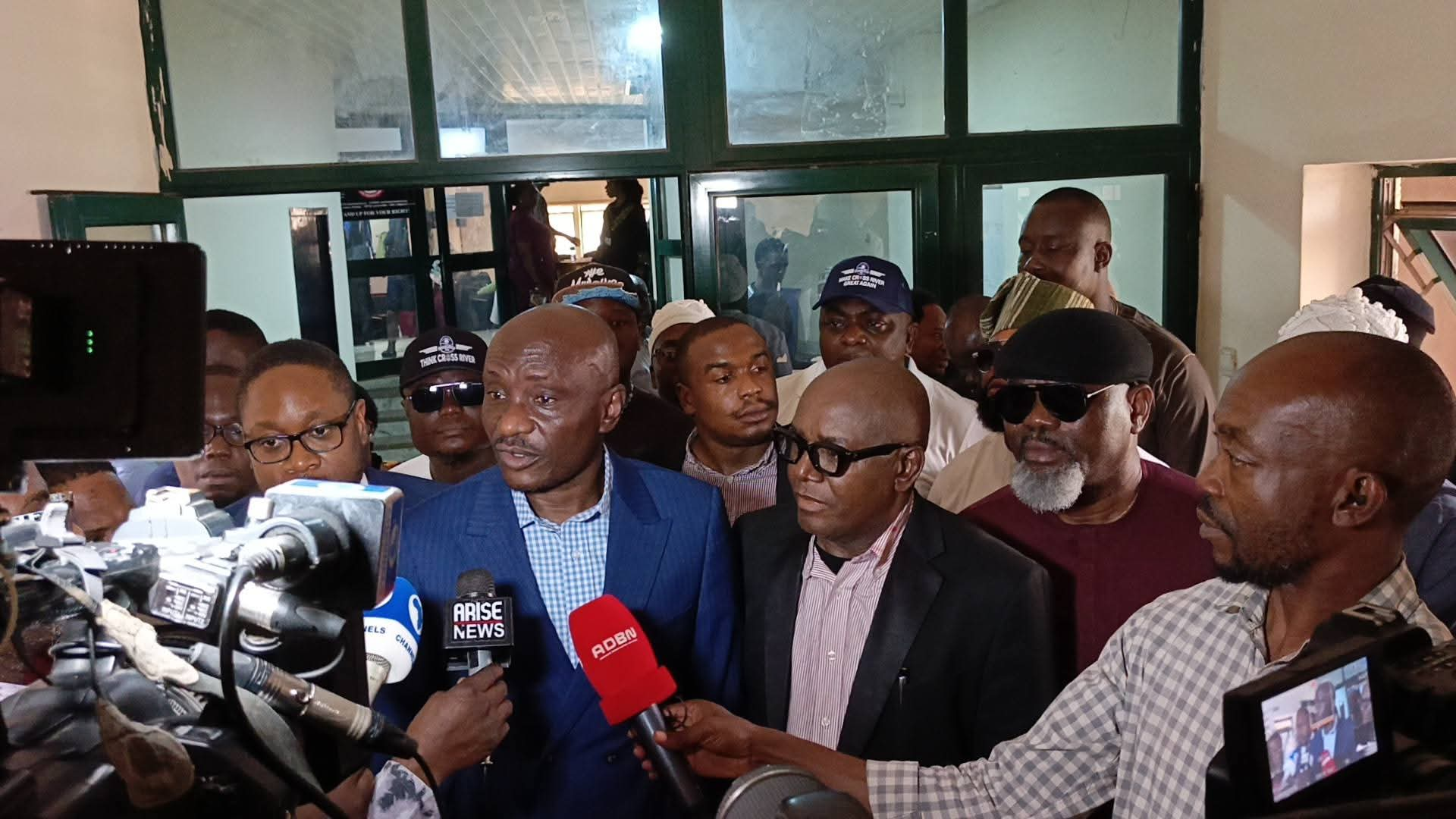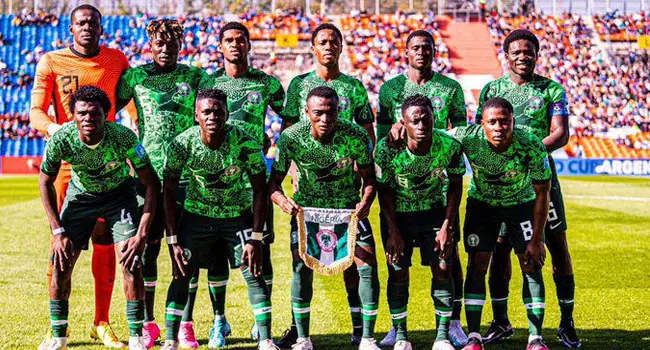National News
More Nigerians will get poorer by 2027 – World Bank

The World Bank has projected that poverty levels in Nigeria will rise by 3.6 percentage points over the next five years, extending through to 2027.
This was disclosed in the latest edition of the Bank’s Africa’s Pulse report, released during the ongoing Spring Meetings of the International Monetary Fund (IMF) and World Bank in Washington, DC.
The report paints a bleak picture for poverty reduction in the country, warning that while there have been modest improvements in economic activities, particularly in Nigeria’s non-oil sector in the last quarter of 2024, long-standing structural challenges tied to heavy reliance on resources and national instability will likely slow progress.
According to the World Bank, Nigeria, alongside other resource-dependent and fragile countries within Sub-Saharan Africa, will experience a worsening poverty situation, while non-resource-rich nations in the region are expected to record faster reductions in poverty rates.
“Poverty in resource-rich, fragile countries, including large economies like Nigeria and the Democratic Republic of Congo, is projected to increase by 3.6 percentage points between 2022 and 2027,” the report noted.
It further revealed that Sub-Saharan Africa still has the highest rate of extreme poverty globally. In 2024, the region was home to 80% of the world’s 695 million people living in extreme poverty. Alarmingly, half of Sub-Saharan Africa’s 560 million extreme poor were concentrated in just four countries.
By contrast, other regions such as South Asia accounted for 8% of the global extreme poor, East Asia and the Pacific 2%, the Middle East and North Africa 5%, while Latin America and the Caribbean had 3%.
The World Bank explained that poverty reduction in resource-rich African nations has remained slow due to declining oil prices and weak financial systems, while countries not reliant on resources are benefiting from strong agricultural commodity prices, driving faster economic growth even under fiscal strain.
The report emphasized: “This follows a well-established pattern whereby resource wealth combined with fragility or conflict is associated with the highest poverty rates—averaging 46% in 2024, which is 13 percentage points higher than in non-fragile, resource-rich countries.”
In response to these troubling projections, the World Bank advised Nigeria and similar economies to urgently strengthen their fiscal management systems and work towards establishing a more reliable and inclusive fiscal contract with their citizens.
This, it noted, would help promote inclusive economic growth and provide a long-term solution to rising poverty levels.
-

 News2 days ago
News2 days agoEFCC arraigns bondpay CEO, ex-NEDC official over alleged ₦2.28bn fraud
-

 News2 days ago
News2 days agoFCTA workers urged to continue strike as JUAC files Appeal against Court ruling
-

 National News2 days ago
National News2 days agoTinubu condoles Super Eagles captain Wilfred Ndidi over Father’s death
-

 News2 days ago
News2 days agoPolice uncover N7.7bn telecoms cyber fraud, arrest six suspects
-
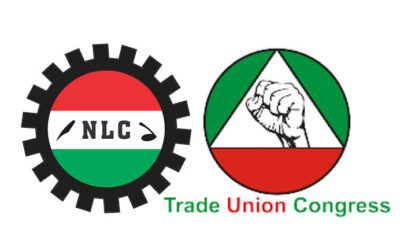
 News2 days ago
News2 days ago‘Workers Are Not Slaves’ — NLC, TUC insist FCT strike remains in force
-
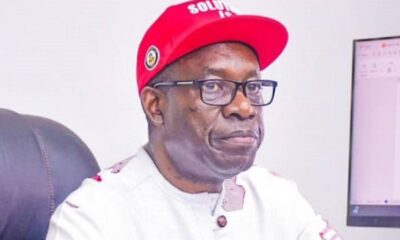
 News2 days ago
News2 days agoGov Soludo directs 12 more markets to open on Mondays, warns of closure for defiance
-

 News1 day ago
News1 day agoNUJ FCT seeks partnership with Tayan Group on affordable housing, ultra-modern congress hall
-
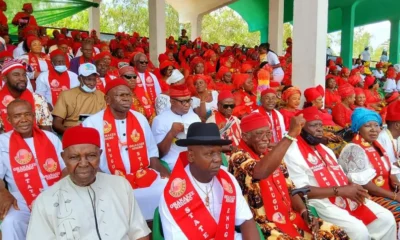
 News2 days ago
News2 days agoOhanaeze backs Soludo on One-Week closure of Onitsha Main Market


